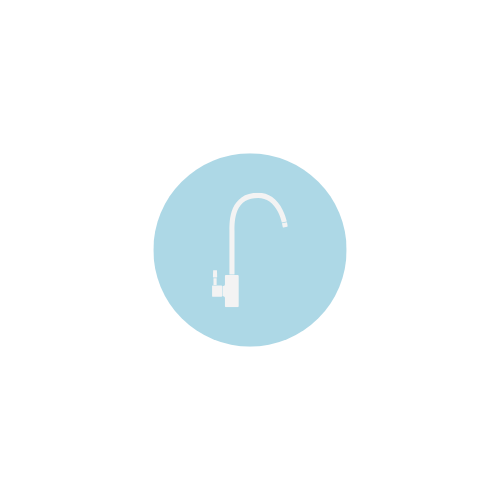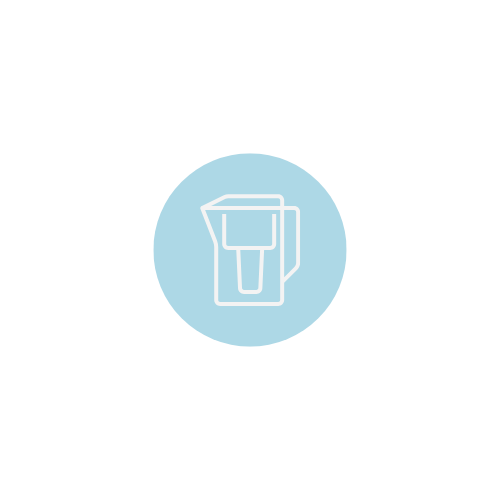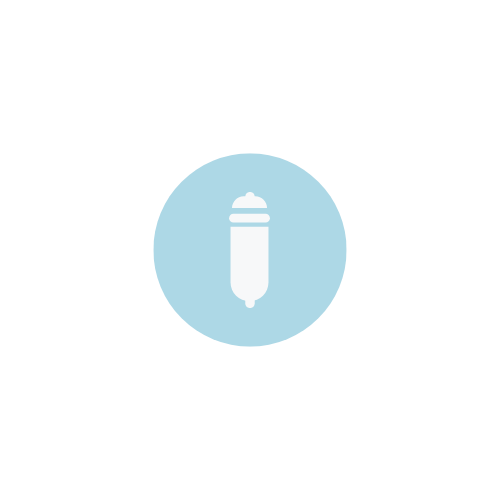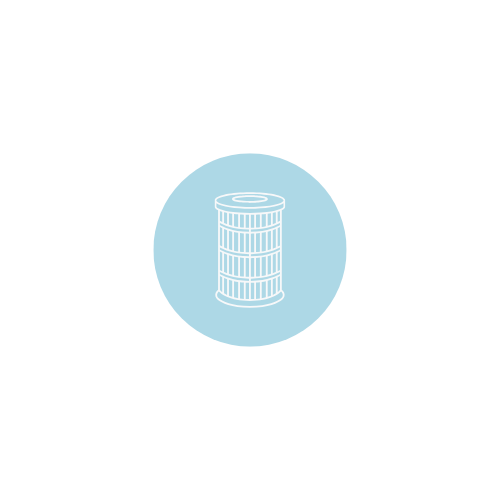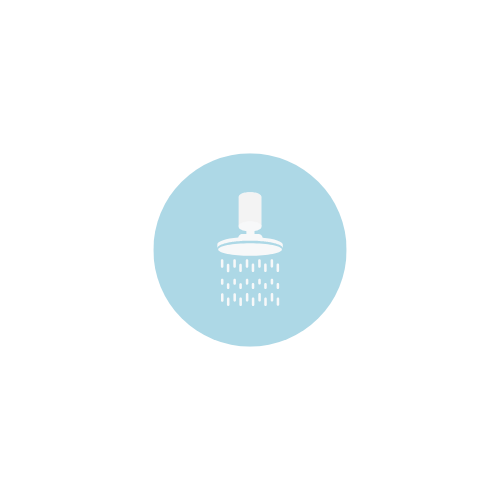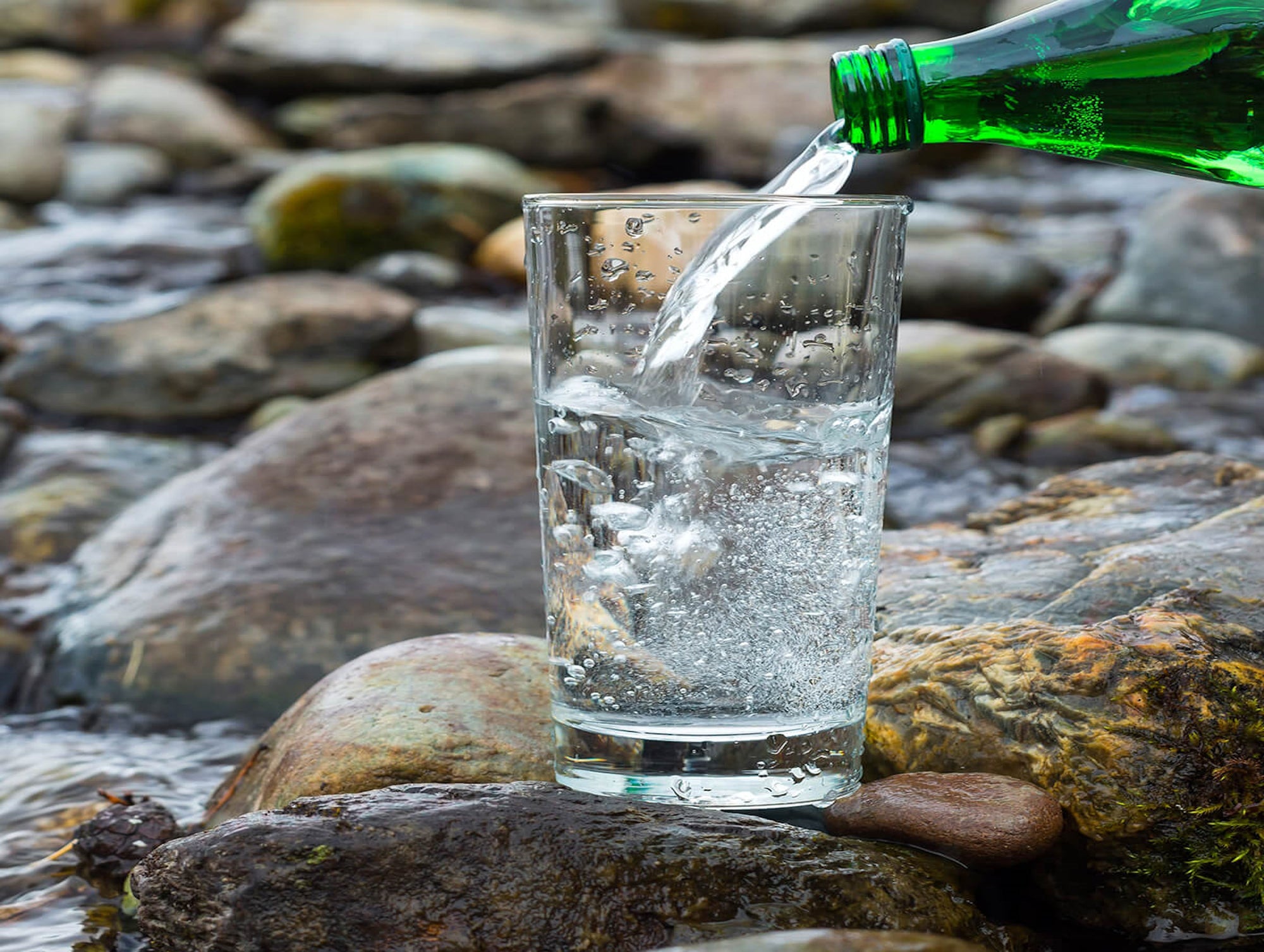

Not All Water Ionizes the Same: Why Your Local Water Source Matters
Not all tap water is created equal — and if you’re investing in a water ionizer, your source water plays a huge role in how well it performs.
Here’s why.
💧 Ionization Depends on Minerals
Water ionizers use electrolysis to separate water into alkaline and acidic streams. But this process only works if there are enough minerals in the water to carry an electrical charge. No minerals = no ionization.
There are two key qualities that depend on mineral content:
-
pH (alkalinity)
-
ORP (oxidation-reduction potential — a measure of antioxidant strength)
A high-quality ionizer paired with mineral-rich water can produce:
-
pH levels of up to 9.5–10
-
ORP values of -370 to -400mV (a strong antioxidant range)
But with low-mineral water — like rainwater or reverse osmosis water — you might only reach pH 8.5 and ORP -250mV, even at the highest ionizer setting.
🧪 What About Reverse Osmosis or Rainwater?
These types of water are often too pure for ionization. They’re missing the very minerals that allow electrolysis to occur.
If you're using:
-
Rainwater (especially from plastic tanks)
-
Reverse osmosis (RO) systems
-
Very soft bore water
…you’ll need to re-mineralize your water before ionization. Ionza offers specially blended alkalizing mineral cartridges containing magnesium, calcium (dolomite), and other trace minerals to make this easy and effective.
⚡ Why Water Hardness Matters
Water “hardness” is a way to measure how mineral-rich it is. Here's a quick guide:
| Water Hardness | PPM (mg/L) | Ionization Potential |
|---|---|---|
| Very soft | 0–70 | Poor (0–2/10) |
| Soft | 70–140 | Fair (3–6/10) |
| Slightly hard | 140–210 | Good (6–8/10) |
| Moderately hard | 210–320 | Excellent (8–10/10) |
| Hard–Very hard | 320–530+ | Tricky (can scale ionizer plates) |
💡 While hard water ionizes well, it can also lead to scale build-up on the ionizer plates. That’s why moderate mineral content is ideal.
📍 How Does Your Region Compare?
Here’s a guide based on Ionza’s testing across New Zealand. This table ranks how well different areas ionize, from 1 (poor) to 10 (excellent):
North Island:
-
Auckland City: 5–8
-
North Shore: 4–6
-
Waitākere: 3–5
-
Hamilton, Rotorua, Gisborne, Tauranga: 5–8
-
Wellington: 3–6
-
Petone: 2–4
-
Whangarei, Paihia, Kaikohe: 5–8
South Island:
-
Nelson: 4–7 (some scaling issues)
-
Blenheim: 4–6
-
Christchurch, Timaru: 2–5
Other Sources:
-
Rainwater (plastic tank): 0–1
-
Rainwater (concrete tank): 2–5
-
Reverse Osmosis: 0
-
Deep aquifer water: 0–4
🔁 Water composition can change frequently — especially with council supplies that alter treatment additives. These ratings are a guide, not a guarantee.
🌿 What You Can Do
If you’re unsure how your water might perform with an ionizer:
-
Reach out — we’re happy to review your water test or recommend a remineralizing solution
-
Consider installing a filter + remineralizer combo if you’re on rainwater, RO, or soft town supply
⚙️ A high-performance ionizer needs the right source water to reach its full potential. Let’s get it set up for success.










